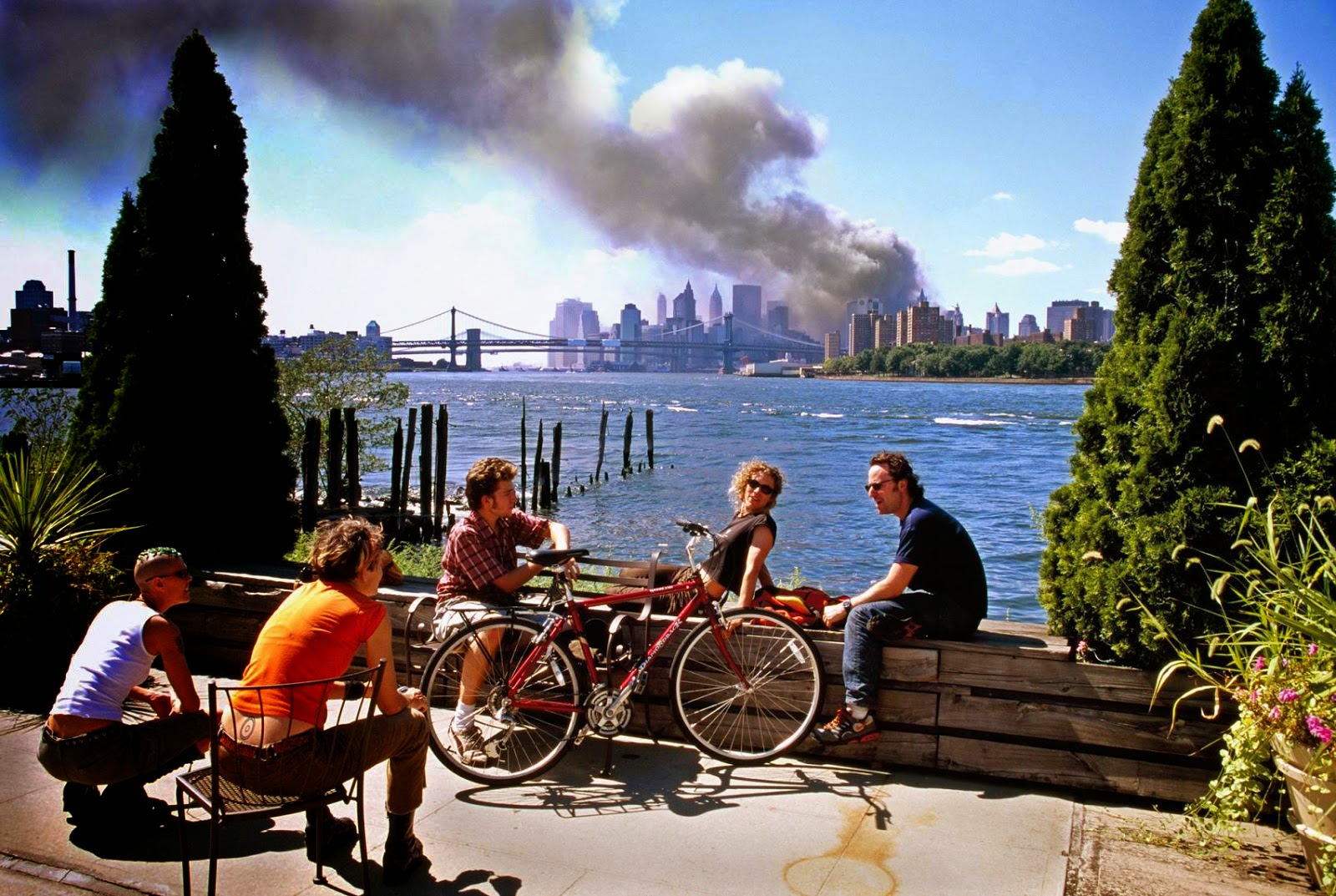Advanced Placement World History with Mr. Duez
Unit 6 - The Most Recent Century
Chapter 23 - Independence in the Global South - TARGETS
&
Chapter 24 - Accelerating Global Interactions Since 1945 - TARGETS
QUICK AGENDA:&
Chapter 24 - Accelerating Global Interactions Since 1945 - TARGETS
MON: Quiz CH 23, Review CH 23 QUIZ; if time Crash Course
TUE: Get CCOT Essays Back; Discuss the struggle for independence in light of what the focus of the new independent states valued.
WED/THU: Indian Independence; South African Apartheid; Document Study
FRI: Pick up Questions to consider for Chapter 24. The Global Economy, Feminism
Global Modernity & Religious Fundamentalism, Environmentalism
QUIZ CH 24 on Monday, April 13th
TEST CH 23 & 24 on Wed/Thu April 15 & 16
Chapter 23 - Independence in the Global South - TARGETS
LEARNING TARGETS:
* To explore the breakup of imperial systems in the twentieth century
* To consider, through the examples of India and South Africa, how the process of decolonization worked
* To examine the challenges that faced developing nations in the second half of the twentieth century
* To investigate the potential clash of tradition with modernity in the developing nations, especially considering the case of Islam in Turkey and Iran
ESSENTIAL QUESTIONS:
1. In what ways did the colonial experience and the struggle for independence shape the agenda of developing countries in the second half of the twentieth century?
2. To what extent did the experience of the former colonies and developing countries in the twentieth century parallel that of the earlier “new nations” in the Americas in the eighteenth and nineteenth centuries?
3. How would you compare the historical experience of India and China in the twentieth century?
4. From the viewpoint of the early twenty-first century, to what extent had the goals of nationalist or independence movements been achieved?
=====================================
Monday, April 7, 2014
Quote: “I am not what happened to me, I am what I choose to become.” - Carl Jung
Agenda:
1. DO NOW: Prep for quiz Chapter 23: Reading Check
2. QUIZ: Reading Check CH. 23
After the quiz: What obstacles confronted the leaders of movements for independence?
3. Review Quiz
4. (if time) Video & Discussion: Crash Course WH: Decolonization & Nationalism
--------------------------------------------------------
Tuesday, April 8, 2014
Quote: "What a distressing contrast there is between the radiant intelligence of the child and the feeble mentality of the average adult." - Sigmund Freud
Agenda:
1. DO NOW QUESTION: "In what ways did the colonial experience and the struggle for independence shape the agenda of developing countries in the second half of the twentieth century?"
2. Pass back CCOT: Discuss common errors and mistakes. (10 min)
3. Notes, Video, & Discussion:
Discuss:
Who was Gandhi? (Indian Independence Notes)
Why was Africa’s experience with political democracy so different from that of India?
Who is Nelson Mandela? (African Independence Notes)
Discuss: What accounts for the ups and downs of political democracy in post-colonial Africa?
Assignments:
Quiz CH 24 next Monday
TEST 23-24 Plus Comparative Timed Writing next Wed/Thu
--------------------------------------------------------
Wednesday, April 9, 2014 -and- Thursday, April 10, 2014
Quote: "An eye for an eye only ends up making the whole world blind." - Mahatma Gandhi
Agenda:
1. DO NOW: Pick up handout - Document Study & Visual Sources CH 23. Read silently for 15 minutes.
2. Notes, Video, Discussion: Why was Africa’s experience with political democracy so different from that of India?
What accounts for the ups and downs of political democracy in post-colonial Africa?
Document Study in groups: Answer questions, jigsaw the documents. Present findings.
"In what ways did the colonial experience and the struggle for independence shape the agenda of developing countries in the second half of the twentieth century?"
--------------------------------------------------------
Chapter 24 - Accelerating Global Interactions Since 1945 - TARGETS
LEARNING TARGETS:
• To consider the steps since 1945 that have increasingly made human populations into a single “world” rather than citizens of distinct nation-states
• To explore the factors that make it possible to speak now of a true “world economy”
• To explore the debate about economic globalization
• To raise student awareness of global liberation movements, especially feminism, and their implications for human life
• To investigate the “fundamentalist” religious response to aspects of modernity
• To consider environmentalism as a matter that cannot help but be global because the stakes are so high for all humankind
• To step back and ponder the value of studying history
QUESTIONS TO CONSIDER:
1. What factors contributed to economic globalization during the twentieth century?
2. In what ways has economic globalization linked the world’s peoples more closely together?
3. What new or sharper divisions has economic globalization generated?
4. What distinguished feminism in the industrialized countries from that of the Global South?
5. In what respect did the various religious fundamentalists of the twentieth century express hostility to global modernity?
6. From what sources did Islamic renewal movements derive?
7. In what different ways did Islamic renewal express itself?
8. How can we explain the dramatic increase in the human impact on the environment in the twentieth century?
9. What differences emerged between environmentalism in the Global North and that in the Global South?
--------------------------------------------------------
Friday, April 9, 2014
Quote: "I learned that courage was not the absence of fear, but the triumph over it. The brave man is not he who does not feel afraid, but he who conquers that fear." - Nelson Mandela
1. DO NOW: Pick up Questions to consider for Chapter 24.
2. Notes, Video, Discussion: Chapter 24 Main Themes:
The Global Economy
Feminism
Global Modernity & Religious Fundamentalism
Environmentalism
Quiz on Chapter 24 - Monday. LAST STRAYER QUIZ!!!!
Test next Wed/Thu.




